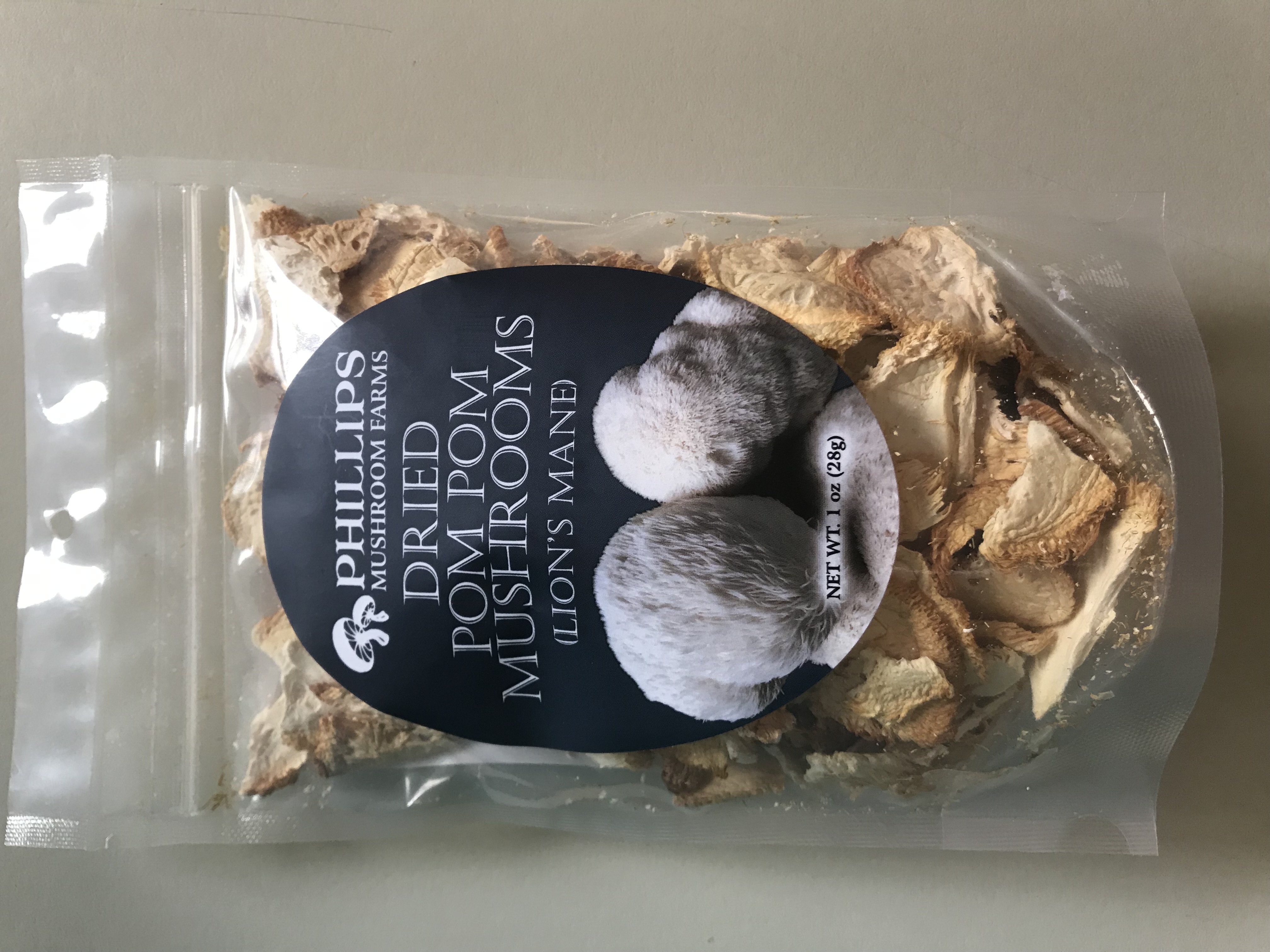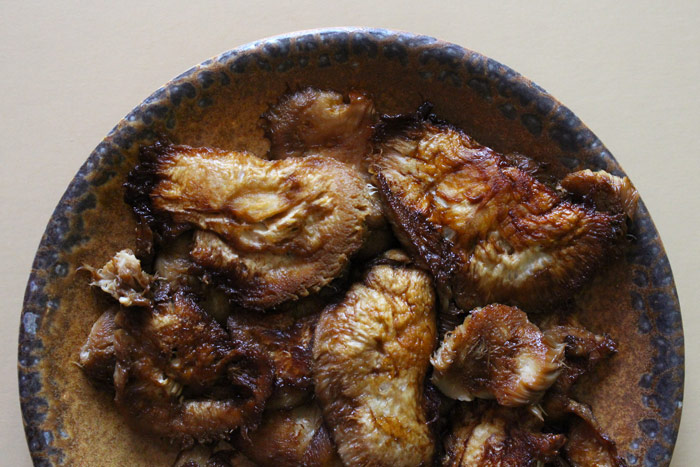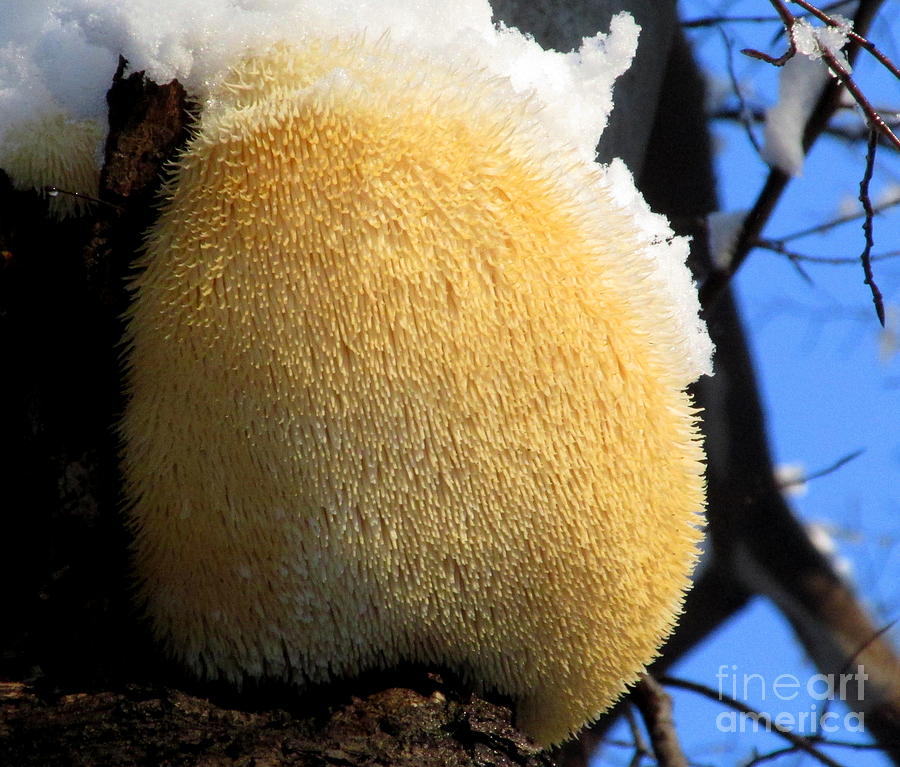
Its shaggy appearance and bright white- or cream-colored flesh make Lion’s Mane a visual standout. Lion’s Mane has a slew of nicknames, including the pom pom mushroom, the monkey’s head mushroom, and the bearded hedgehog mushroom. This variety is native to North America, Europe, and Asia. Hold the spray at least 12 to 15 inches away from the print.Hericium erinaceus, commonly known as Lion's Mane, is a fuzzy-looking mushroom that grows in large, bulbous clusters. To preserve your spore print, spray them lightly with an artist spray or hair spray. Place a drop of water on the spores and cover with a cover slip. To study the spores with a microscope, scrape off some of the spores from your spore print with a needle or scalpel onto a microscope slide. Note that the spore bearing surface always faces down toward the ground as the polypore grows. Try wrapping them in wet paper towels or newspapers overnight before putting them down on foil, paper or glass to make a spore print. Some polypores not only take a long time to mature and produce spores but also can often live a long time after they’ve produced and dispersed their spores. If the mushroom is hard, it is more difficult to obtain spore prints.

If you don't want to separate the cap from the stem, make a hole in an index card, place the card on a paper cup and slide the stem of the mushroom through the hole until the underside of the cap is resting on the card then proceed as above. The spores will fall on the paper, foil or glass, making a spore print pattern.


Combine the water extract with the alcohol extract. Strain and compost the mushrooms using a funnel and cheesecloth, reserving the mushroom-infused water.ĩ. You may need to add water to the stock pot throughout the process.Ĩ. Make sure to keep an eye on the water level, as you don’t want it to completely evaporate. Simmer the mushrooms for about 2 hours, until the water has reduced to approximately 8 to 16 ounces. Add the mushrooms from the alcohol extract to the simmering water.Ħ. Next, make a water extract by bringing a half gallon of water to a simmer in a stock pot. After a month, strain mushroom-infused alcohol into another jar and set aside.ĥ. Fill jar with alcohol, completely covering the mushrooms, but leaving about a 1/2 inch of space at the top of the jar. Fill a quart-sized glass jar halfway with dried mushrooms.Ģ. 80 proof or higher alcohol (vodka and brandy are popular choices)ġ.Reishi mushrooms are considered the best source of triterpenes. Triterpenes compounds have revealed anti-inflammatory, anticancer, anti-tumor, antioxidant, anti-anxiety, immunomodulatory activities, and liver protective effects. Beta-glucans are a form of soluble fiber strongly linked to boosting heart health, improving cholesterol, and regulating blood sugar to reduce the risk of type 2 diabetes.Oyster and shiitake mushrooms are believed to have the most effective beta glucans.

A double extraction will pull out water-soluble beta-glucans and alcohol soluble triterpenes.


 0 kommentar(er)
0 kommentar(er)
